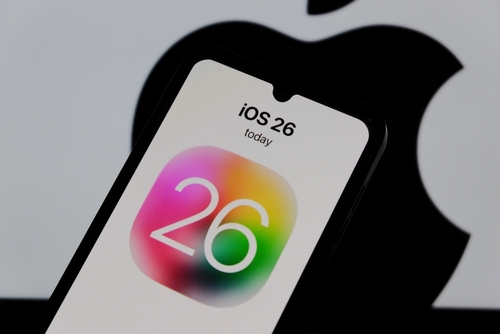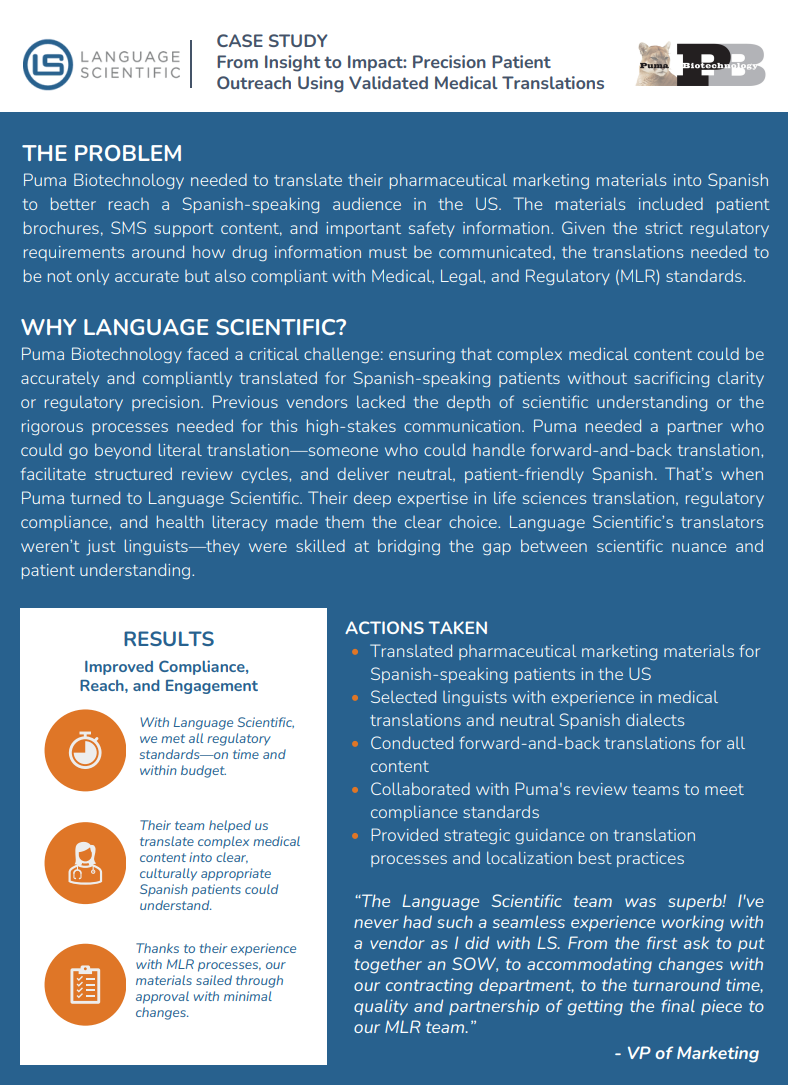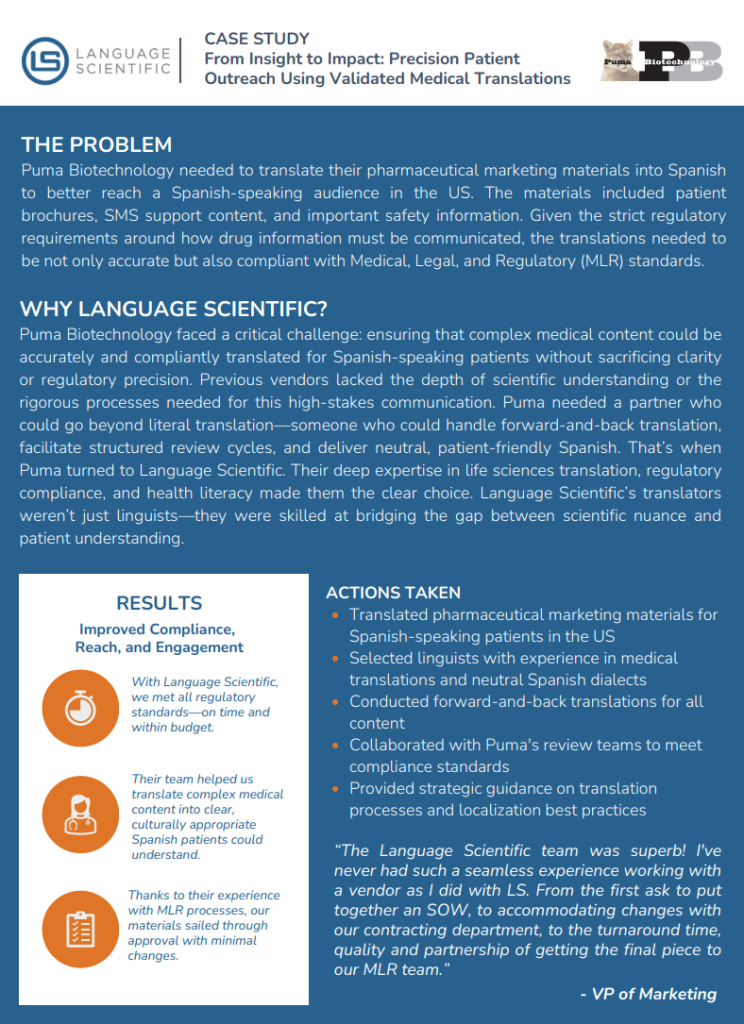Building upon our previous discussion on recruitment strategies for Cognitive Debriefing (CD), we now transition to the meticulous preparation required for the interviews. This stage is pivotal as it lays the groundwork for the entire Cognitive Debriefing process, ensuring that the sessions are productive and the data gathered is of the highest quality.
Preparing for Cognitive Debriefing Interviews
Preparation is the linchpin of Cognitive Debriefing that determines the depth and quality of information obtained from participants. Here are the key steps:
1) Understanding the Medical Condition:
Researchers and linguists must familiarize themselves with the medical condition being studied, including its symptoms, treatment, and impact on daily life. This knowledge is essential for creating rapport with participants and framing questions in a relevant context.
2) In-depth Questionnaire Review:
Analyze the questionnaire thoroughly, identifying items that may present difficulties due to linguistic or cultural differences. Prepare to probe these items more deeply during the interviews.
3) Training Interviewers:
Ensure that interviewers are well-versed in Cognitive Debriefing techniques and the goals of the study. They should be able to use probing questions effectively and be sensitive to the nuances of participants’ responses.
4) Creating a Supportive Environment:
Arrange for a neutral and comfortable interview setting that is conducive to open communication. Consider the privacy and accessibility needs of participants, particularly if dealing with sensitive topics or health conditions.
5) Pilot Testing:
Conduct a pilot interview to refine the interview process. This can help in estimating the duration of the sessions and identifying any potential issues that might arise with the questionnaire or interview flow.
6) Logistical Arrangements:
Prepare all materials in advance, including copies of the questionnaire, consent forms, and any audio or visual recording devices if needed. Plan for any refreshments or accommodations that will make the participants more comfortable.
Conclusion
Effective preparation for Cognitive Debriefing interviews is crucial for ensuring that the data collected is accurate and insightful. It involves not just understanding the questionnaire and medical condition, but also creating an environment where participants feel valued and understood. With these steps, researchers can conduct Cognitive Debriefing interviews that are respectful, informative, and yield high-quality data for the translation validation process.
Next, we will delve into the intricacies of conducting the interviews themselves, exploring how to engage with participants, the types of questions to ask, and how to navigate the complexities of personal and cultural nuances during these conversations.










